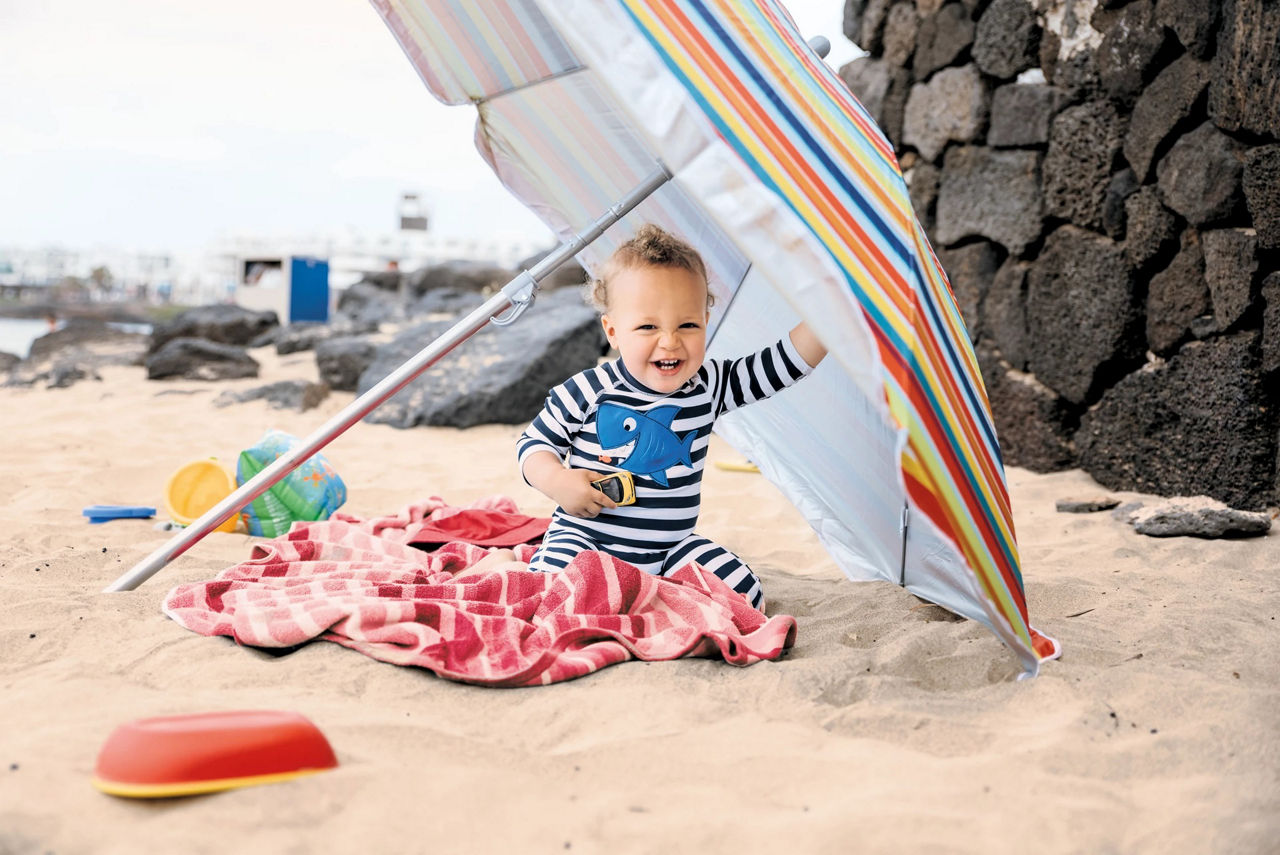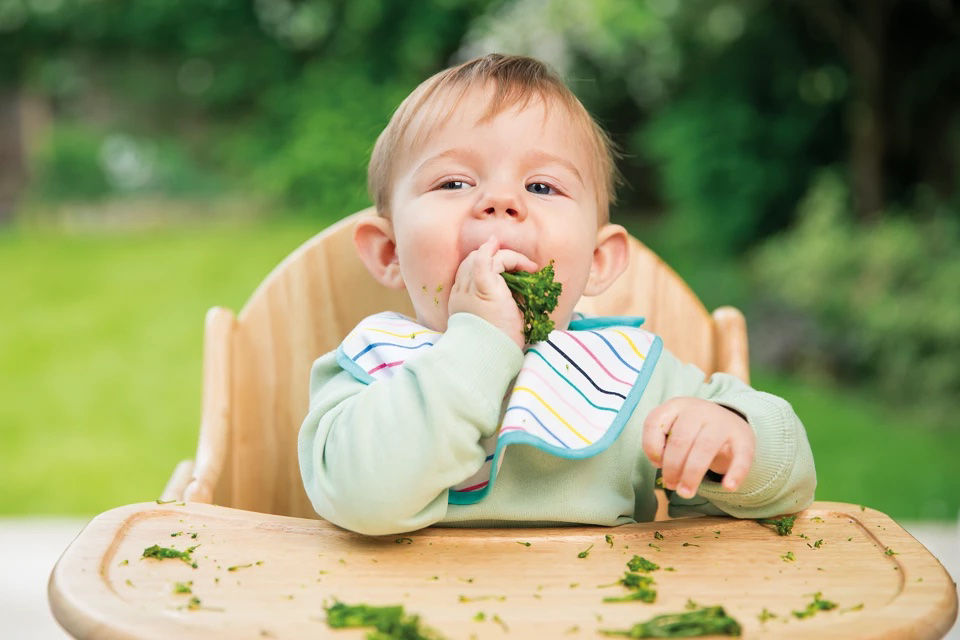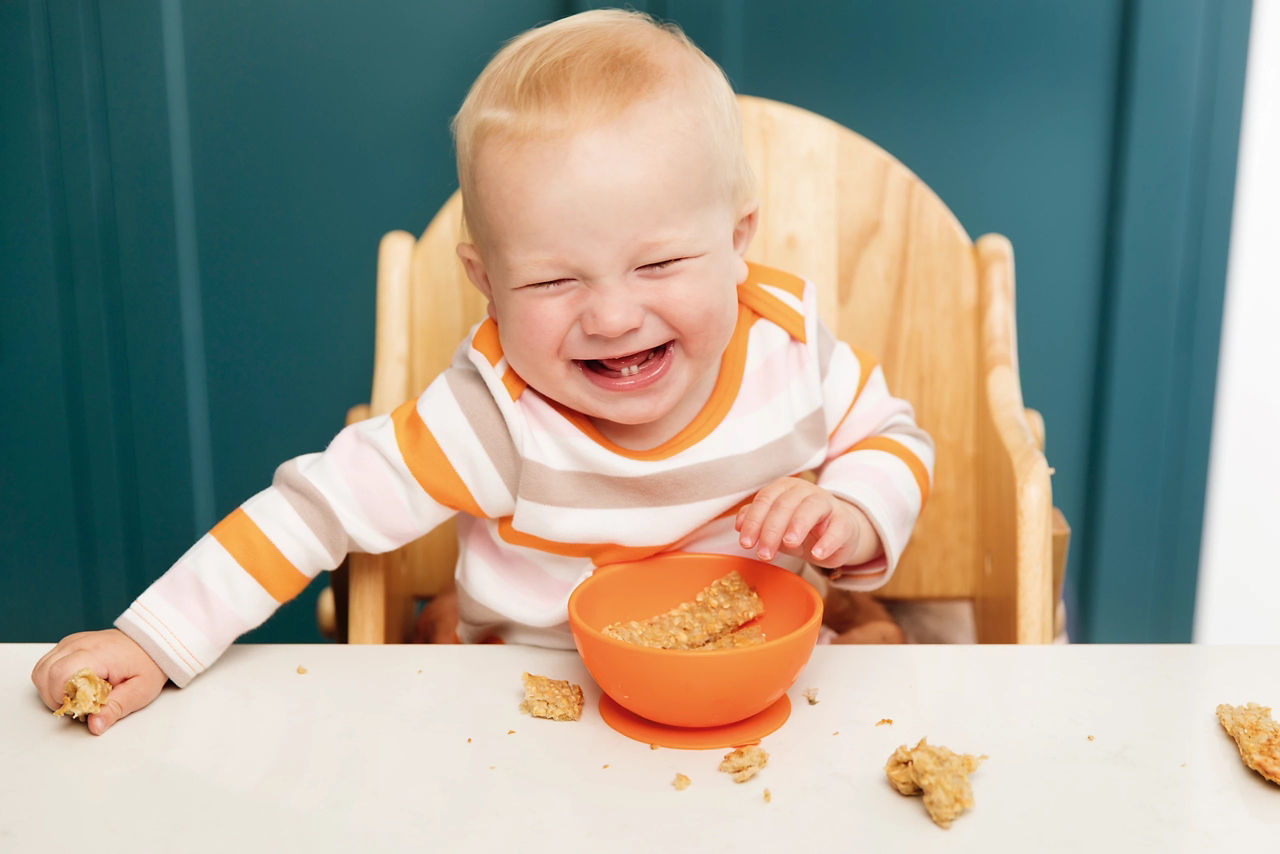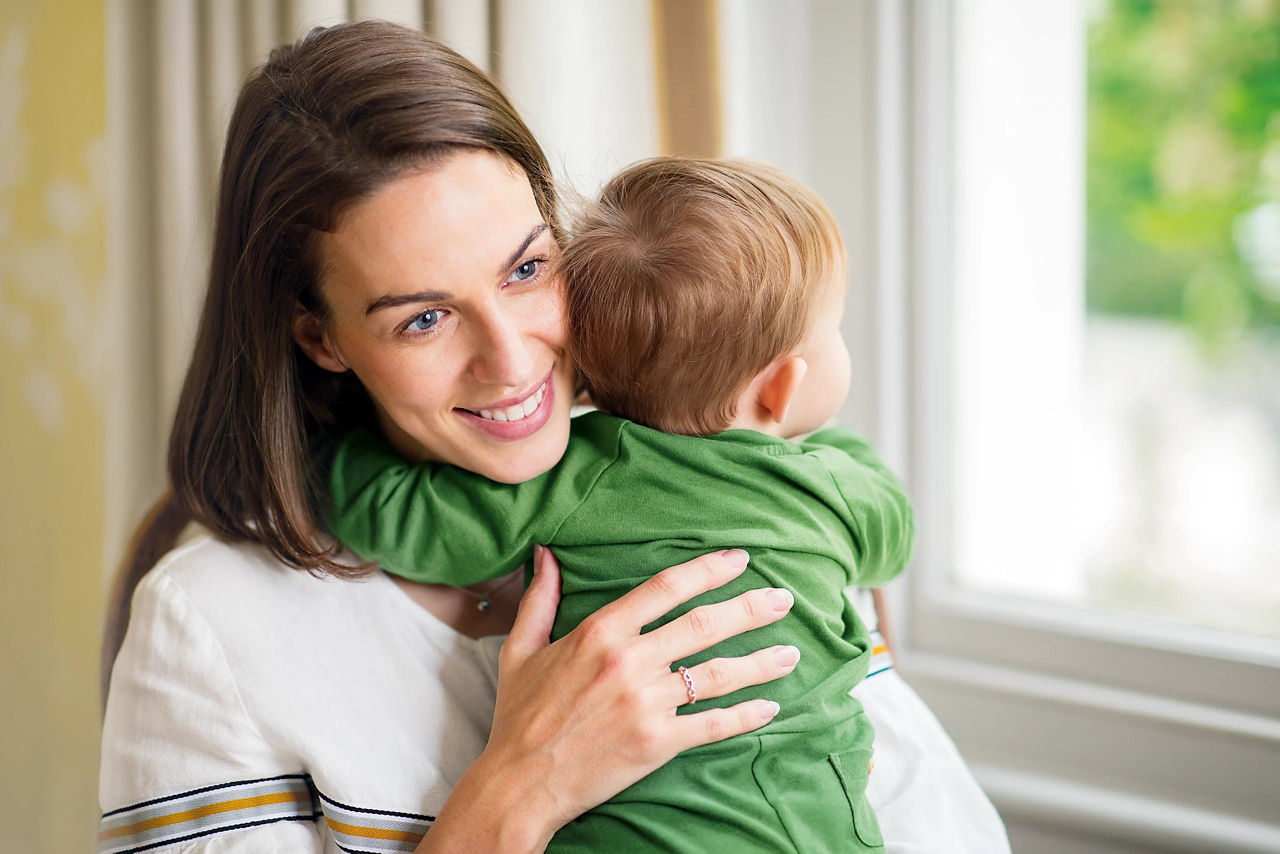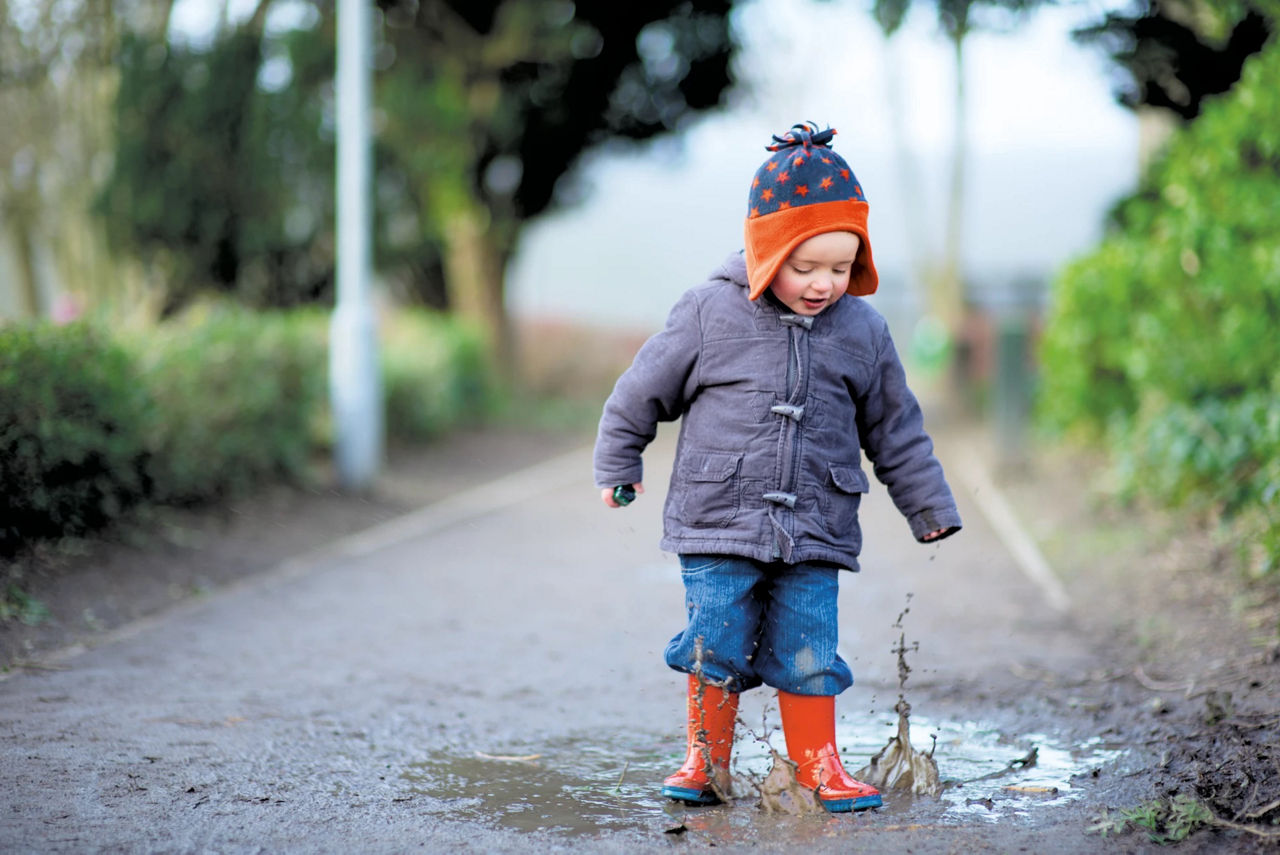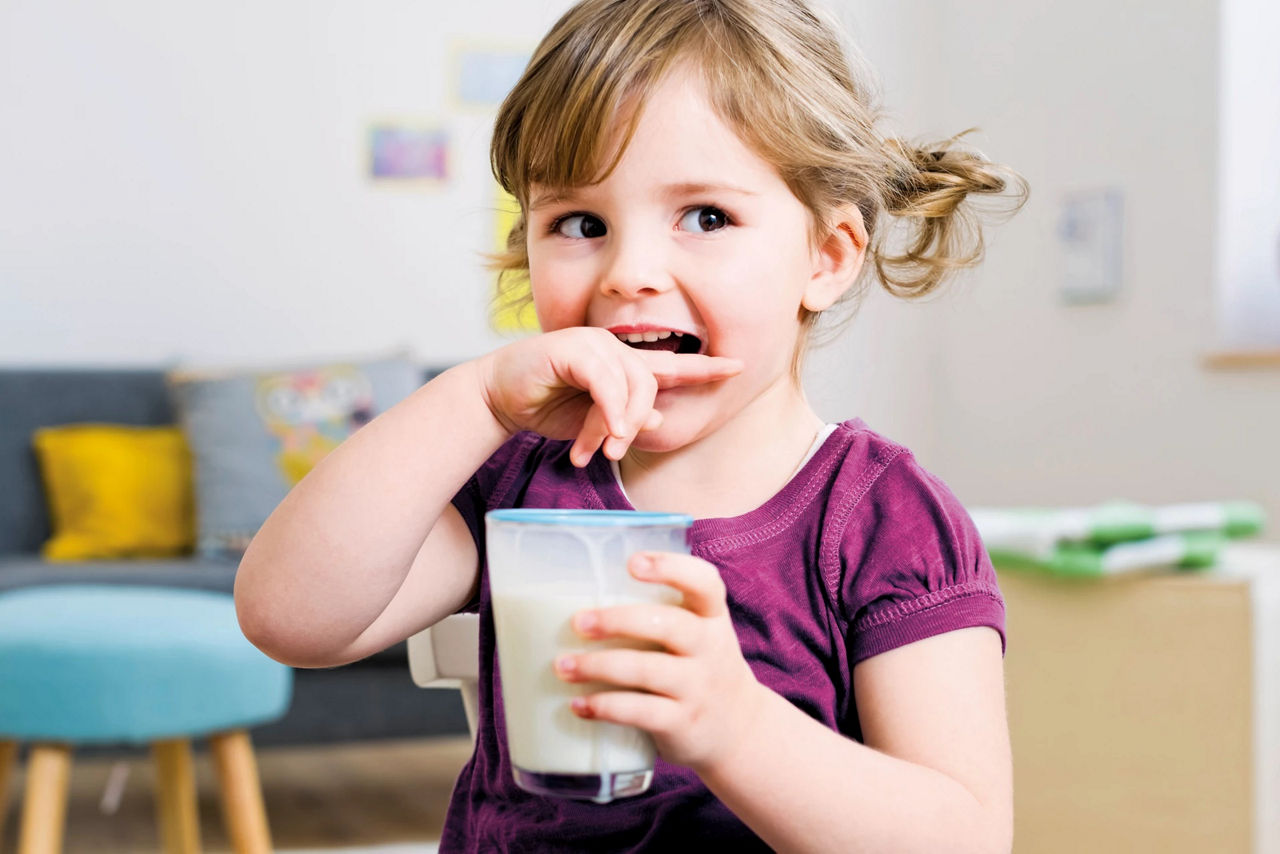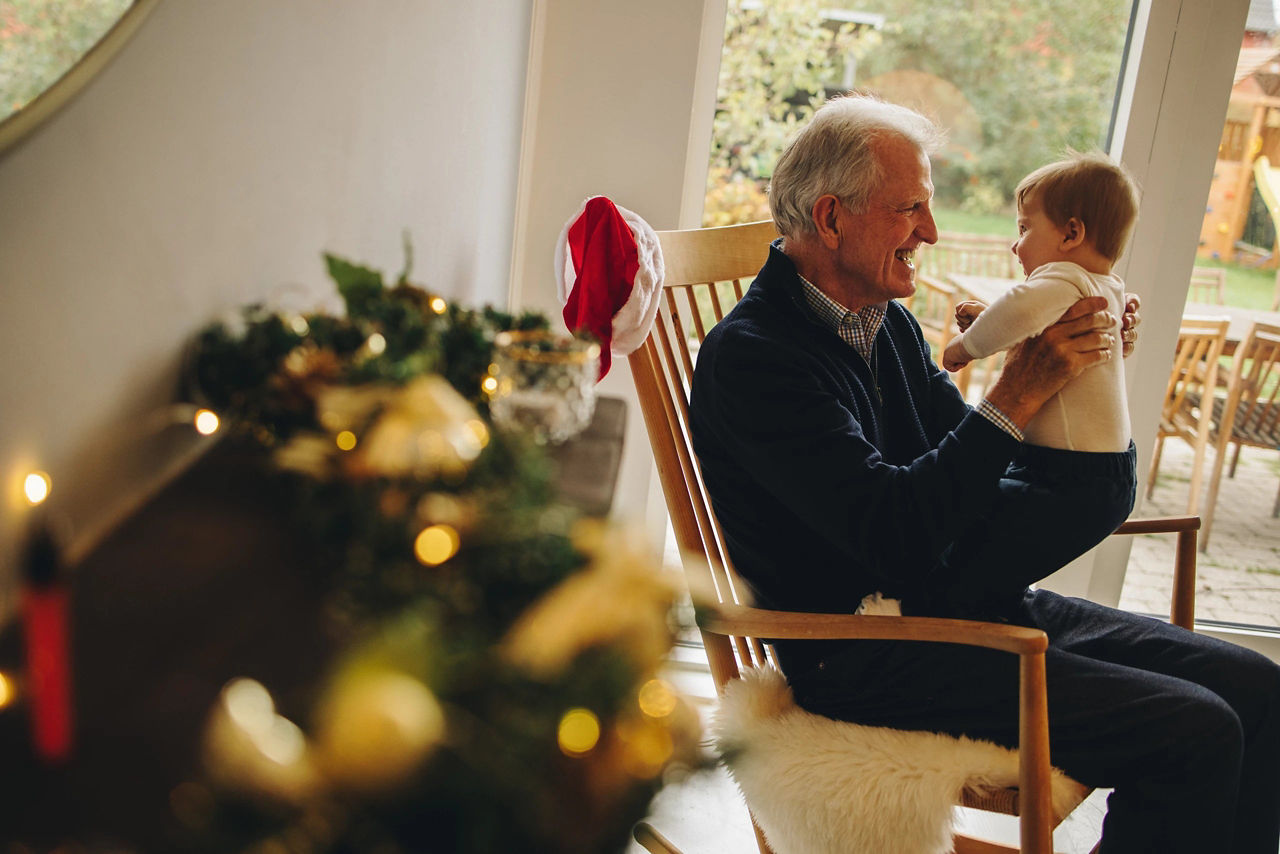Free weaning plan - Register here
Hi I’m Emma Hammett, a qualified nurse, parent, and first aid trainer with over 30 years’ healthcare and teaching experience. I’ve teamed up with C&G baby club to provide you with some useful information to help keep your babies and toddlers safe in the holiday season!
I’m the founder of multi award-winning First Aid for Life and Onlinefirstaid.com. I’ve published multiple books and I'm an acknowledged First Aid expert and authority on accident prevention, health and first aid. I’m also the author of numerous books, including: First Aid for Dogs, Burns, Falls and Emergency Calls – covering accident prevention and first aid for babies and children - endorsed by the Child Accident Prevention Trust and the Good Toy Guide, Slips, Trips and Fractured Hips - endorsed by Age UK and RoSPA and Mental Health First Aid.
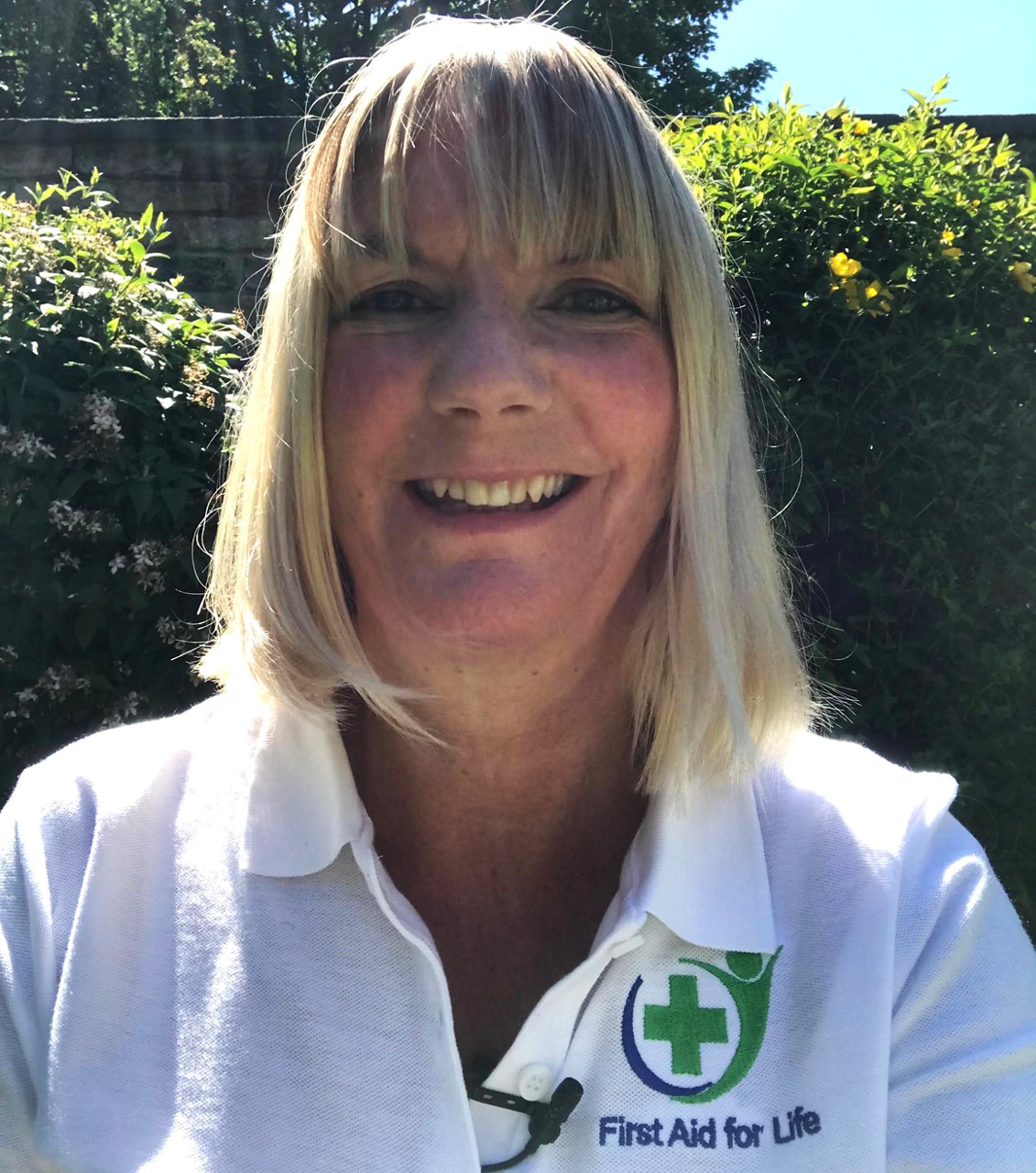
Holidays with toddlers and babies
Planning a holiday with a baby and toddler can be daunting. Your toddler is likely to enjoy having a new place to explore and being with their favourite people all week long. Holidays can do wonders for the development of your baby and child whilst creating happy family memories that will last forever. The best way to make it enjoyable for everyone is to prepare in advance, plan well and pack wisely.
Toddler and baby friendly holidays
Exotic destinations may sound tempting, but when you factor in long journey times, jetlag and potential jabs, they can start to lose their appeal. Most toddlers are fascinated by the beach, so a seaside holiday is usually a good baby friendly holiday. Sand and gentle waves for paddling can keep them happy for hours on end.
Flying with a baby and toddler
What to take
Toddlers may not want to sleep on flights, even if you’ve cleverly managed to coincide take off with naptime. Have a good supply of toys and books with you. You can reserve a bassinet for babies and parents are often sat together in one section.
As well as essentials like nappies, wipes, spare clothes beloved toys and blankets, be sure to take plenty of your toddler’s favourite snacks. It’s always wise to pack more baby food than you think you’ll need for the journey, in case of delays and to cover extra travel time after you’ve landed. If you’re breastfeeding it may be useful to bring a cool bag for you to store your breast milk although remember that frozen breast milk cannot be taken in hand luggage. Also remember to declare any stored breast milk at security. If you’re formula feeding, formula can be pre-ordered from the pharmacy airside at your departure airport.
Breastfeeding during take-off and landing or drinking from a bottle or beaker can help your baby and toddler’s ears adjust to the pressure changes more easily. It is also wise to travel with sachets of paracetamol and ibuprofen. Wear layers, as the air conditioning on planes can often be quite chilly!
Pack a baby sling in your hand luggage as your buggy may need to go in the hold and there could be a long walk to reclaim it.
Staying safe on holiday
Ensure you know the numbers for the emergency services – usually 112 within Europe.
Travel with a quality first aid kit and undertake a practical or online first aid course to learn the vital skills to help them if they are injured or unwell.
Sunscreen for babies and toddlers
Toddlers have sensitive skin so using plenty of sunscreen and re-applying it regularly, is critical. Ideally apply sunscreen 20 minutes before going out. Buy a quality sunscreen specifically designed for baby and toddlers’ sensitive skin. Choose one with the maximum UVA and UVB protection.
For babies under 6 months, the safest way to protect their skin, is to keep them out of direct sunlight altogether.
A wide-brimmed hat, sunglasses, UV sunshade for the push chair and long-sleeved UV clothing will help protect them even more.
Most toddlers love splashing about in water and always need close supervision, whether in a pool or at the beach. Remember water will increase the potency of the sun’s rays and re-apply sunscreen after drying them off – even if they want to go straight back to splashing again!
Swimming pool safety for toddlers
When booking your accommodation, make sure it is safe for your child. If there is a pool or pond, it should be appropriately fenced and ideally alarmed too. Pool surface sensor alarms are now available to alert someone if a child were to fall in.
Drowning can happen quickly and quietly. Children can drown in as little as a couple of centimetres of water. Prevention is key. However, please invest in a first aid course that includes CPR, so you are appropriately skilled should something happen.
What to do if your baby or toddler is unwell
Febrile Convulsions in Babies and Toddlers: These are seizures that are relatively common occurrences with children under 5. If they are unwell as their temperature increases, it can cause them to fit. This can be extremely frightening to watch. Their eyes may roll, and they can go rigid and shake for a few minutes and could stop breathing for up to a minute. Stay calm, remove them from anything dangerous, do not restrain them or try and put anything in their mouth. Time the fit. If the seizure lasts longer than 5 minutes, or if they experience repeated seizures, phone an ambulance. Once the seizure has finished, check they are breathing and put them into the recovery position. They may take a few minutes to recover and if they take longer than 10 minutes, phone an ambulance.
If your child has had a febrile convulsion, they are likely to be checked out in hospital. They should make a full recovery, but may continue to have seizures when unwell, until they grow out of this – usually by the age of 5.
Hot weather alone, will not cause them to have a febrile convulsion, but it may make it harder to keep them cool. If your child is unwell and it is hot – use a cool wet cloth and gently wipe their forehead and pulse points to help reduce their temperature. If they are unwell, paediatric ibuprofen or paracetamol can help them feel better and will reduce their temperature.
Heat Exhaustion: Little ones can quickly suffer from heat exhaustion, which can make them unwell and floppy. Ensure they drink lots of water to stay well hydrated and avoid full sun during the hottest part of the day, usually between 11am and 5pm. If they become floppy or complain of headaches or tummy ache, immediately take them to a shady or air- conditioned area and encourage them to take small sips of water or a rehydrating drink. If they do not feel better quickly seek medical help.
Sunburn: if your child is sunburned, gently shower the affected area with cool or tepid water and pat dry. Apply neat aloe vera. If the area is large or blistered, or if your little one is floppy or distressed, see a healthcare professional.
First aid for bites and stings
Wear shoes in the water to protect feet from sea urchin spikes and sharp stones. If stung by a jelly fish, applying vinegar can reduce the pain.
Use insect repellent to protect the family from mosquitoes and other biting insects. If bitten or stung, a wrapped icepack can reduce the pain or itching. If they experience a local reaction, then you can give children’s antihistamine syrup to babies over a year old.
Baby and toddler holiday checklist
Apart from the obvious things like a passport, sunscreen, clothes and a hat, there are other essentials that we never go on holiday without:
- Nappies, changing mat and wipes
- Snacks, cereals, bowls, spoons and beakers
- A basic first aid kit and skills to use it
- Baby Paracetamol/Ibuprofen and children’s antihistamine syrup (if over a year)
- A blanket and cot sheet
- A stroller with a UV sunshade & baby sling
- Toys and books
- Travel blackout blind, portable stairgate, baby seat and carbon monoxide monitor
Think there's more than one way to raise a baby?

Join our baby club
Ready to stop worrying about what other people think and do what feels right to you? We’ll give you the support you need to follow your instincts and enjoy parenthood to the max:
Helpful emails
Non-judgemental support
Free weaning plan
Tips from real parents
More from toddler
Toddler topics
Need free advice with a smile? Get in touch with our dedicated Care team.
Ask us a question (8am - 8pm Monday to Friday, 10am - 4pm Weekends)
Messenger
Contact us on Facebook (10am - 10pm, 7 days a week)
Call us
Call us on 0800 977 8880 (8am - 8pm Monday to Friday)
FAQs
Get answers to your most frequently asked questions
